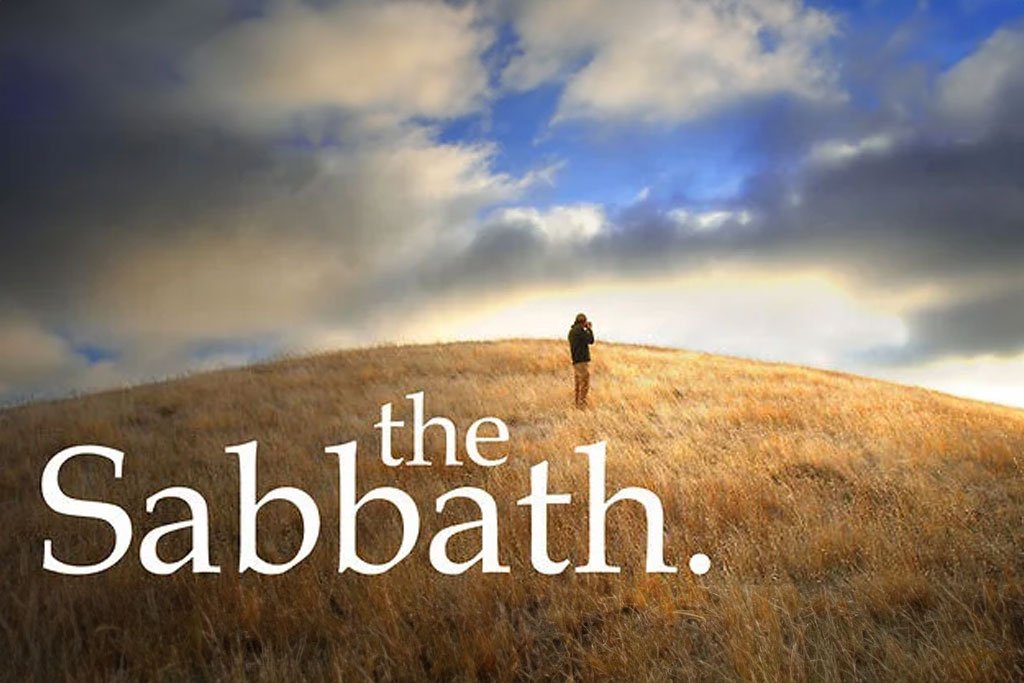- Why do we celebrate God’s 7th day? – no more rituals
- Vision of Christ about 7th day Sabbath-No more ceremonial laws
- All the believers in Jesus Christ need to observe the 7th day Sabbath ( without the ceremonial laws or rituals
- The seal that Jesus Christ put on the 7th day Sabbath
- Revelations of God concerning the 7th day Sabbath
- Why we need to observe the Lord’s Sabbath
- The vision that the Lord Jesus Christ showed about 7th day Sabbath -no more rituals
- The visions that God showed me concerning the seventh day Sabbath
- Christ’s truth about the 7th day Sabbath- without ceremonial laws
Judge for yourself, how can you have faith in Christ without obeying all his words.
All God’s words must be obeyed, Jesus Christ specifically commanded the disciples, “The teachers of the law and the Pharisees, He said, “are the authorized interpreters of the law that God gave Moses, so you must obey and follow
everything they tell you to do; do not, however, imitate their actions, because they do not practice what they preach, Matt 23:1-3.
Jewish feasts?”
Answer: The way in which Jesus fulfilled the Jewish feasts is a fascinating study. In the Hebrew Scriptures, the Jewish prophet Amos records that God declared He would do nothing without first revealing it to His servants, the prophets (Amos 3:7). From the Old Covenant to the New, Genesis to Revelation, God provides picture after picture of His entire plan for mankind and one of the most startling prophetic pictures is outlined for us in the Jewish feasts of Leviticus 23.
The Hebrew word for “feasts” (moadim) literally means “appointed times.” God has carefully planned and orchestrated the timing and sequence of each of these seven feasts to reveal to us a special story. The seven annual feasts of God were spread over seven months of the God’s according to the bible calendar, at set times appointed by God. They are still celebrated by observant Jews today. But for both Jews and non-Jews who have placed their faith in Jesus, the Jewish Messiah, these special days demonstrate the work of redemption through God’s Son.
The first four of the seven feasts occur during the springtime (Passover, Unleavened Bread, First Fruits, and Weeks), and they all have already been fulfilled by Christ in the New Testament. The final three holidays (Trumpets, the Day of Atonement, and Tabernacles) occur during the fall, all within a short fifteen-day period.
Many Bible scholars and commentators believe that these fall feasts have not yet been fulfilled by Jesus. However, the “blessed hope” (Titus 2:13) for all believers in Jesus Christ is that they most assuredly will be fulfilled. As the four spring feasts were fulfilled literally and right on the actual feast day about Christ’s first coming, these three fall feasts, it is believed by many, will likewise be fulfilled literally in connection to the Lord’s second coming.
